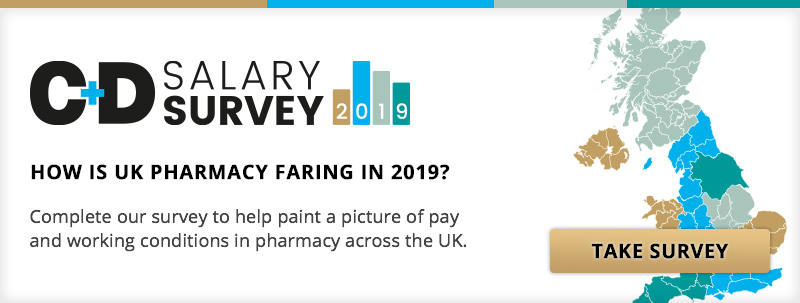Last week I saw a patient who couldn’t get her hormone replacement therapy (HRT) due to it being in shortage. I strolled across the waiting room to our pharmacy and was rapidly back to tell the patient that I had sorted out ordering an alternative brand. Had that patient used a local pharmacy, I could have done exactly the same thing, albeit with a phone call rather than a short walk.
But my heart always sinks when there is an issue like this and I see a business called Online Pharmacies ‘R’ Us or something similar in the electronic prescription service (EPS) box, as I know the situation is about to get complicated. It is harder to get online pharmacies on the phone, and there will probably be a load of back and forth to ascertain what they have in stock.
Online pharmacies have grown in popularity in the last few years. I can understand why. Most of us shop online and are less likely to visit the local high street, where we can pick up prescriptions at the same time as doing the weekly shop. Medicine packages are usually small enough to fit through the letterbox. Without the need to spend money on bricks-and-mortar, online pharmacies can afford high-end websites that seem to make it easy to register and order your medicines.
Many online pharmacies have moved on from just dispensing NHS prescriptions. They offer patients the option of consulting with their doctors and sending out a prescription. One website that I looked at was offering help with anxiety, weight loss, genital herpes, erectile dysfunction and skin conditions.
It appears that a prescription can be sent out after the patient has filled in a questionnaire on the website and paid the appropriate fee, although I don’t know quite how you safely assess anxiety or genital herpes without seeing the patient.
Patient choice is a good thing, but there is a risk of destabilising other services by cherry-picking which medicines you dispense. The NHS is socialised medicine. GPs are paid around £100 per patient per year, an amount that is clearly inadequate to look after someone who is elderly or chronically ill. The money that we get for having fit young people on our list, who rarely see the GP, subsidises the care of those who need us most – helping practices to stay open.
If an online GP comes along and takes our fit and healthy patients, removing them from our list, as happened with Babylon, then a bricks-and-mortar GP can quickly become non-viable financially and risk closure, with the loss of services to those who really need us.
Other sectors have faced similar issues. The Royal Mail can’t afford to provide a universal delivery to remote spots if other services take the profitable parcel deliveries in cities. NHS trusts can run into financial troubles if private treatment centres are given NHS contracts to do surgery on otherwise healthy folk, leaving the trust to pick up the pieces for patients who are elderly with multimorbidity.
In a similar way, I assume that the community pharmacist who has regular chats with 90-year-old Ms Smith and sorts out her medication when she gets confused is doing a lot more than can be funded by the dispensing fee received. It is the straightforward medication issues that are likely to subsidise the complex patients, where the pharmacist goes above and beyond what they are remunerated for.
The online genie can’t be put back in the bottle. Young, healthy patients want convenience, and don’t see any reason to use NHS services if they don’t suit their lifestyle. But that amount of patient choice runs the risk of destabilising GPs and pharmacies, who at least partly rely on the straightforward patient to subsidise the complex.
Watch this space to see how this issue pans out over the next few years.
Toni Hazell is a GP based in a practice in London

Source link



